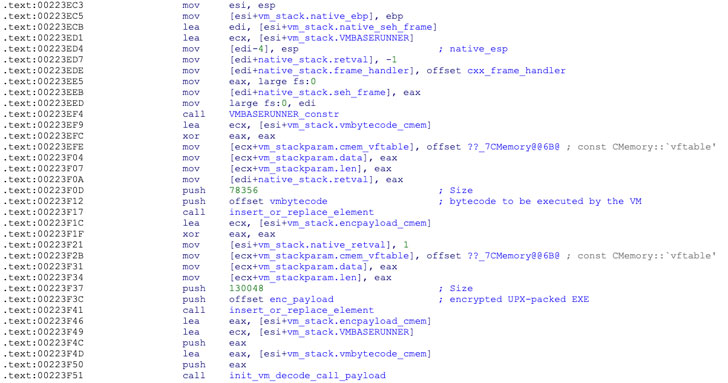Uncovered: APT 'Hackers For Hire' Target Financial Institutions / Banks and Entertainment Firms in Africa, America and Asia.

A hackers-for-hire operation has been discovered using a strain of previously undocumented malware to target South Asian financial institutions and global entertainment companies.
Dubbed "CostaRicto" by Blackberry researchers, the campaign appears to be the handiwork of APT mercenaries who possess bespoke malware tooling and complex VPN proxy and SSH tunneling capabilities.
"CostaRicto targets are scattered across different countries in Europe, Americas, Asia, Australia and Africa, but the biggest concentration appears to be in South Asia (especially India, Bangladesh and Singapore and China), suggesting that the threat actor could be based in that region, but working on a wide range of commissions from diverse clients," the researchers said.
The modus operandi in itself is quite straight-forward. Upon gaining an initial foothold in the target's environment via stolen credentials, the attacker proceeds to set up an SSH tunnel to download a backdoor and a payload loader called CostaBricks that implements a C++ virtual machine mechanism to decode and inject the bytecode payload into memory.
In addition to managing command-and-control (C2) servers via DNS tunneling, the backdoor delivered by the above-mentioned loaders is a C++ compiled executable called SombRAT — so named after Sombra, a Mexican hacker, and infiltrator from the popular multiplayer game Overwatch.
The backdoor comes equipped with 50 different commands to carry out specific tasks (can be categorized in core, taskman, config, storage, debug, network functions) that range from injecting malicious DLLs into memory to enumerating files in storage to exfiltrating the captured data to an attacker-controlled server.

In all, six versions of SombRAT have been identified, with the first version dating all the way back to October 2019 and the latest variant observed earlier this August, implying that the backdoor is under active development.
While the identities of the crooks behind the operation are still unknown, one of the IP addresses to which the backdoor domains were registered has been linked to an earlier phishing campaign attributed to Russia-linked APT28 hacking group, hinting at the possibility that the phishing campaigns could have been outsourced to the mercenary on behalf of the actual threat actor.
This is the second hackers-for-hire operation uncovered by Blackberry, the first being a series of campaigns by a group called Bahamut that was found to exploit zero-day flaws, malicious software, and disinformation operations to track targets located in the Middle East and South Asia.
"With the undeniable success of Ransomware-as-a-Service (RaaS), it's not surprising that the cybercriminal market has expanded its portfolio to add dedicated phishing and espionage campaigns to the list of services on offer," Blackberry researchers said.
"Outsourcing attacks or certain parts of the attack chain to unaffiliated mercenary groups has several advantages for the adversary — it saves their time and resources and simplifies the procedures, but most importantly it provides an additional layer of indirection, which helps to protect the real identity of the threat actor."
THN
#osutayusuf
Comments
Post a Comment